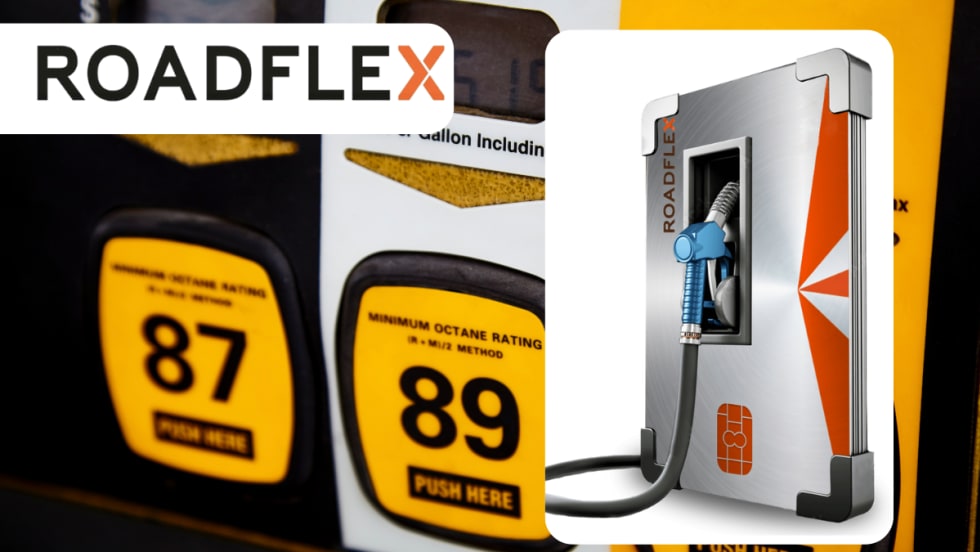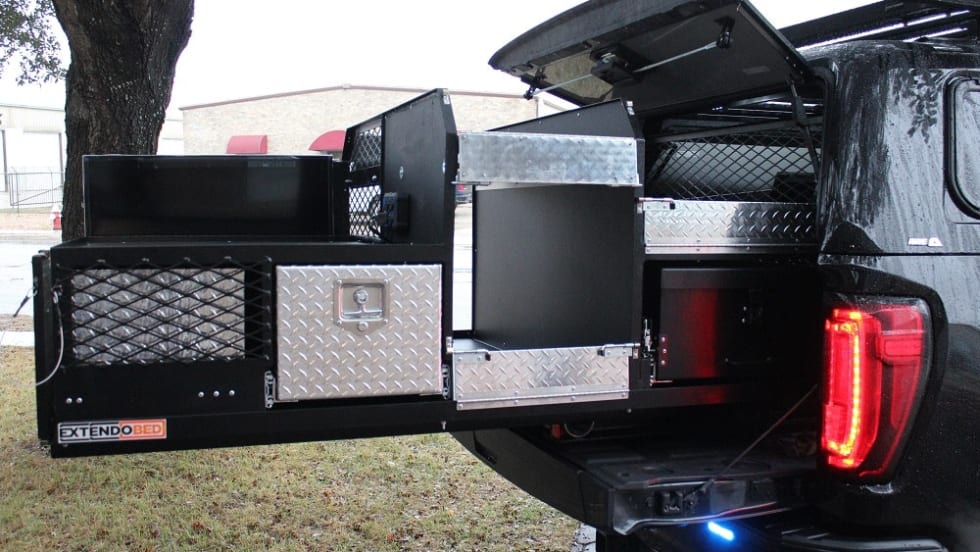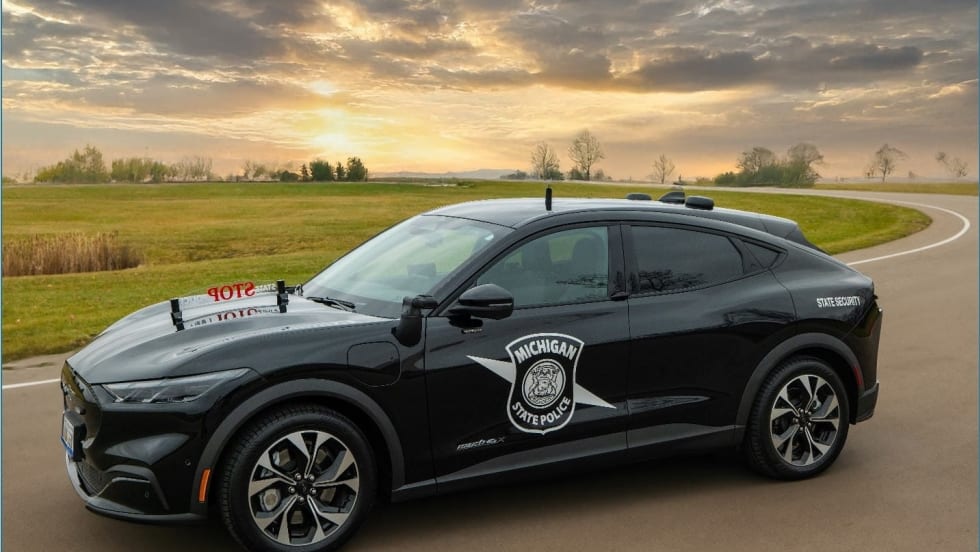These monitoring systems can alert you to little issues with the vehicle before they become big and expensive problems.
As law enforcement and government vehicle fleets adapt to more advanced usage of telematics solutions, they are quickly discovering data produced by the technology can have a big impact not only on their vehicles, but their budgets as well. From catching issues before they have a chance to impact vehicle health, to alerting customers they need to be a bit more careful with how they are driving, telematics are swiftly becoming a vital element to successful fleet operations.
Check the Engine
Charlotte Ashcraft, director of fleet management for Franklin County, OH, originally decided to look into telematics for her fleet because not enough drivers were heeding the check engine light on their vehicle.
“Most employees just want to drive the vehicle and get their work done. If it doesn’t impact their driving, they will ignore it,” she says. “While it could be something simple, it could also be something major, and we’d rather not take that chance.”
Bottom of Form
Ashcraft says when she first implemented telematics in 380 vehicles, she was greeted by 67 check engine lights…none of them previously reported. When drivers won’t tell you when something’s up, it’s hard to miss when technology is there to give you more insight.
Telematics have made it much easier for her and her team to respond to alerts they otherwise might not have been able to catch before problems became more serious.
Using telematics can also help a great deal when creating replacement plans. Ashcraft produces a five-year replacement plan for the whole fleet to help her budget. Telematics can assist fleet managers in better understanding how cars are being utilized, which therefore also helps in determining when they might need to be replaced.
The data they collect through telematics also helps them discover maintenance patterns. Police fleet managers often purchase many of the same make and model in the same year. If they run across the same issue multiple times, it tells them they might need to take the same action now before it actually happens in the rest of those vehicles.
Maintenance Scheduling
Peter Bednar, fleet director for the Fleet Management Department of the City of Albany, Ga., has been involved in telematics on several different fleets he’s worked with.
For preventive maintenance purposes, it’s absolutely critical for him to obtain very accurate mileage.
Bednar says when it comes to determining which telematics provider is right for your operation, be sure to ask about its capabilities to integrate with your maintenance management software.
Telematics provide a way for fleet managers to discover trends when it comes to maintenance in regard to what may be triggering some of the issues vehicles are frequently brought in for.
Having good data can extend life cycles and might even help extend maintenance periods. Bednar stresses the importance of knowing where your mileage is coming from—the vehicle or a GPS calculation—as this can cause discrepancies with data collection and impact fleet software.
Replacement Alert
Kevin Callahan, fleet services division manager for the City of Auburn, AL, says he’s using the information provided through his telematics system combined with his fleet program to assist in determining in what order vehicles need to be replaced. Because the information is pulled directly from the vehicles’ system, he’s able to see correct mileage and if there are ongoing issues that could lead to an expensive repair.
“Recently, we had a vehicle come in for a check engine light and we were able to look back and see a trend with ABS and transmission fault codes. We used that information, combined with repair history, and instead of pouring more money into it, we moved it up on the replacement list and removed it from service before excess money was spent,” he explains.
With the help of the telematics, he’s also been able to increase uptime by pre-ordering parts. When the vehicle arrives, necessary testing is done to ensure the parts they ordered are what is needed to repair the vehicle.
“When we see specific codes, we have a history to work off of and know what it takes to make those repairs. We’ve saved thousands of dollars by using the telematics to catch items still covered under warranty. We have been fortunate on several occasions and actually have had three vehicles repaired under warranty that were about to expire within two weeks.”
Expert Advice
Daniel Lewis, senior data scientist, R&D specialist for Geotab: “Swapping out a battery is typically a very quick job, but it can take much longer if a vehicle’s battery suddenly dies on the side of the road resulting in increased and unexpected downtime. Telematics can be used as a combined tool for both predictive and preventive maintenance. In this case, it can help a fleet manager identify that a battery may fail within the next two or three months, and in turn signal to a fleet manager that during next month’s scheduled maintenance a part replacement may need to be considered. This proactive maintenance approach not only helps to reduce downtime, but can support a healthier vehicle and a safer driver. To get to this point, however, it is vital fleet managers work with their telematics providers to understand the rich amount of data their systems collect. Having this type of vehicle data is only beneficial if it is both accessible and actionable.”
Amin Amini, associate director of global solution engineering for Verizon Connect: “Many fleet organizations do not make decisions in a silo. Often, fleet managers will aggregate telematics diagnostic, maintenance frequency, and cost data along with original vehicle cost to determine the true total cost of ownership. This ultimately gives them a clear picture they can use to make informed decisions on vehicle lifecycles and even which particular vehicle make or model fits their organization the best.
“A primary focus for fleet managers is staying within budget, while still providing affordable services to all internal constituents. A GPS fleet tracking system provides the engine diagnostics data needed to help develop the discipline required to streamline maintenance process and control costs.
“Safety has a ripple effect; when a driver operates safely, their vehicles experience less damage, which means vehicles stay on the road longer servicing customers and bringing in revenue. By using a telematics solution, you’re able to create a detailed tread analysis of harsh drivers, sorted by locale, vehicle type, and even time of day or year. All of this information will then help your organization make informed actions to correct these habits and ultimately impact your budget."
Rushil Goel, VP and GM and fleet management for Samsara: "There are multiple ways telematics can be combined with other fleet data to enhance fleet maintenance. Advanced telematics systems can connect Driver-Vehicle Inspection Report (DVIR) defects directly to customer maintenance systems by auto generating a repair order, which minimizes potential downtime by getting critical repairs taken care of immediately. Telematics can also track preventative maintenance schedules more accurately based on not just time, but leveraging data like miles driven or actual engine hours.
"Cross referencing fuel card data with fleet management systems provides more accurate insights into fuel expenses and driver efficiencies. By integrating fuel card transactional data with telematics and operational data, fleet managers have a more holistic view of fuel costs and KPIs across their entire fleet.
"Telematics platforms can also be used to provide SMS and email alerts when engine fault codes are detected, so your mechanics can prepare necessary tools and parts before vehicles arrive at their shops. This helps to reduce maintenance downtime."
Kimberly Green-Kerr, senior vice president of enterprise sales and operations for US Cellular: "In addition to managing and monitoring vehicle maintenance, GPS-enabled fleet tracking can be used to optimize routes for fuel and mileage savings while also increasing customer satisfaction. Operators can use the data to dispatch the closest driver in case of an emergency or change in plans, reroute drivers to help stay on schedule and meet appointment windows, and respond faster to customers.
"Telematics can also be used to monitor certain auxiliary vehicle function Power Take Off (PTO) activation on heavy vehicles and light and alarm activation on safety vehicles to know when and how often these features are used."
Nicola Veratelli, CEO of OCTO Telematics: "Telematics data can be used to more accurately assess vehicle residual value based on how the car has been driven and health over time. Discrete risk events such as harsh braking, tight cornering, and speeding are detectable through telematics. Therefore, poor driving behavior overall, or an abundance of a specific type of risk event can be a trigger to offer safe driving tips and suggest an unplanned vehicle health check due to the potential of a higher rate of wear and tear. The data can also measure fuel consumption more precisely and contribute to fraud reduction."
Lexi Tucker is senior editor of Government Fleet, a sister publication of POLICE.
Telematics Can…
● Prevent drivers from ignoring check engine lights
● Assist fleet managers in better understanding how cars are being utilized, which therefore also helps in determining when they might need to be replaced
● Help fleet managers discover maintenance patterns
● Integrate with your maintenance management software
● Help you discover trends when it comes to maintenance in regard to what may be triggering some of the issues vehicles are frequently brought in for
● Provide fleet managers with data for leverage when discussing vehicle usage with various departments
● Extend life cycles and might even help extend maintenance periods
● Increase uptime by giving techs a better idea of what parts they’ll need before the vehicle arrives for maintenance
● Help you get items fixed while they are still covered under warranty












